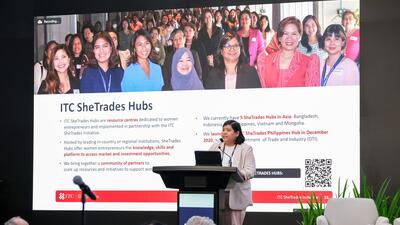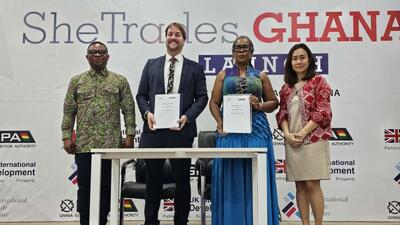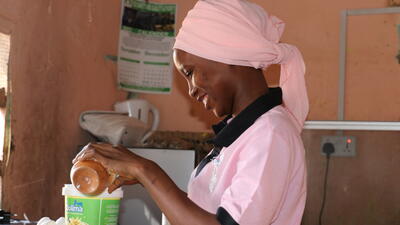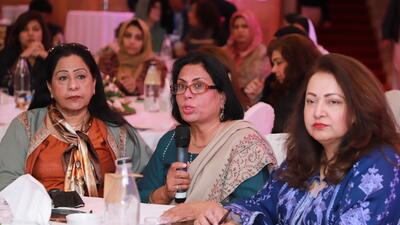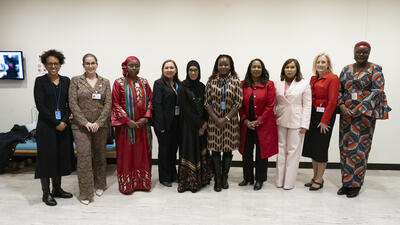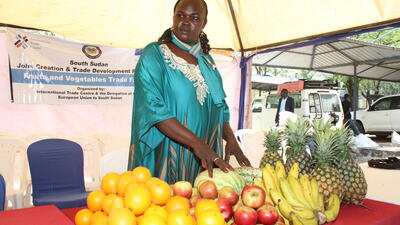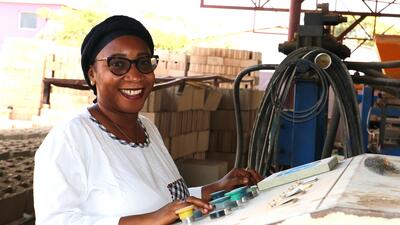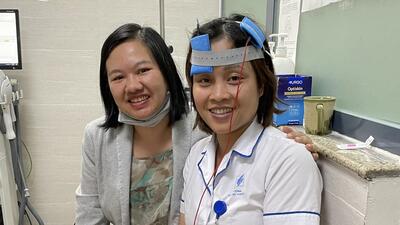


Calling time on the digital gender divide
Empowering women in the tech sector creates ideas, role models
We live in a world in which the near-ubiquity of information and communication technology (ICT) and rapid advances in areas like robotics and artificial intelligence are shaping the evolution of just about every other economic sector.
The technology sector is brimming with almost limitless opportunities. But regrettably for such a new industry it has inherited some pretty old problems. In Silicon Valley today women hold fewer than one in five tech jobs and fewer than one in 10 senior positions at the leadership level. What’s more, instead of liberating women by opening up a new world of previously unavailable possibilities, it is all too often perpetuating and even reinforcing traditional gender stereotypes.
More than 25 years since the invention of the World Wide Web, we face a gender digital divide that is actually getting wider in the very parts of the world where access to technology could make the most difference.
In Africa, the proportion of women using the internet is 25% lower than that of men. In the 47 United Nations-designated least developed countries (LDCs) that gap balloons to 30% or more. Aggregated across countries, that adds up to some 250 million fewer women globally with access to the online world.
The gender digital divide extends even further. Since the 1980s, when computer science courses first appeared on university curricula, the number of young women choosing to study ICT degrees has been in steady freefall.
Today, fewer than one in five computer science graduates in Organisation of Economic Co-operation and Development (OECD) countries is female. Fewer than one in six app developers is a woman or girl. Only 17% of all ICT jobs are held by women and women who choose to join the ICT sector are leaving it in droves, with fewer than 1% of female ICT graduates still working in the sector after five years.
Research indicates that the problem spreads its roots at an early age: despite performing at least as well as boys in mathematics and science, by age 15 far fewer girls (4.7%) than boys (18%) say they are planning a career in computing or engineering. At the other end of the skills spectrum, university employment figures show that only slightly more than 20% of tenured staff in computing and information-science departments are women. Within the tech sector itself, many women complain of a toxic, testosterone-centric culture that undervalues women’s contribution and limits their ability to get ahead.
Predictably, perhaps, the result is a dearth of female role models to inspire younger generations and a substantial gender pay gap that many in the industry privately acknowledge but are reticent to discuss.
ITU has called time on the status quo. After several years of campaigning for gender equality in the tech sector through initiatives including Girls in ICT Day and the annual GEM-Tech technology awards, we decided in 2016 to scale up global advocacy by joining forces with other committed international organizations with a strong track record on gender issues.
Together with founding partners UN Women, the GSM Association (the mobile industry body), the International Trade Centre (ITC) and the United Nations University, we launched EQUALS, a collaborative global multi-stakeholder initiative that brings together nearly 60 partners from private companies, government departments, regulatory agencies, non-governmental organizations (NGOs) and academia.
EQUALS is dedicated to promoting gender balance in the technology sector by championing equality of access, skills development and career opportunities for women and men alike. With grassroots collaboration at its heart, it’s about leveraging the power of partnership; amplifying results through collective strategies and programmes; coordinated policymaking; and shared successes that can be adapted and replicated in new contexts.
By promoting awareness, building political commitment, pooling resources, exchanging knowledge and harnessing the different skills and capacities of our members, EQUALS is striving to reverse the digital gender divide and close the gender gap by 2030, supporting United Nations Sustainable Development Goal (SDG) 5 by empowering women through their use of technology.
To address the three core issues of access, skills and leadership, EQUALS has set up three dedicated coalitions. Its partners can choose to get involved in the work of any or all of them, depending on their areas of expertise and interest. To support the work of these coalitions, the United Nations University is leading the EQUALS Research Group, a data-gathering and analysis effort which seeks to fill the many data gaps that currently impede effective evidence-based policy-making in the area of technology and gender.
Clearly, the primary aim of EQUALS targets SDG 5 – ‘Achieve gender equality and empower all women and girls’ – but the EQUALS founding partners believe it goes much deeper than that. Just as technology has become crucial to the achievement of all 17 SDGs, so gender equality and gender empowerment are fundamental to creating the world we want. To paraphrase a popular slogan, none of us can be equal until all of us are equal. That is why we are striving towards with EQUALS and we are delighted to be working alongside such a dynamic partner as ITC to achieve 50:50 gender parity by 2030.
We all lose without women’s participation in digital technology development and access to digital technology resources. Inclusion can only be effective and meaningful when there is awareness of the benefits of connectivity, the skills and confidence to exploit it and affordable, attractive content that meets women’s needs. EQUALS is about generating fresh investment and exciting, creative public-private collaboration models to unlock the power of ICT connectivity and fast-forward progress on the SDGs.






